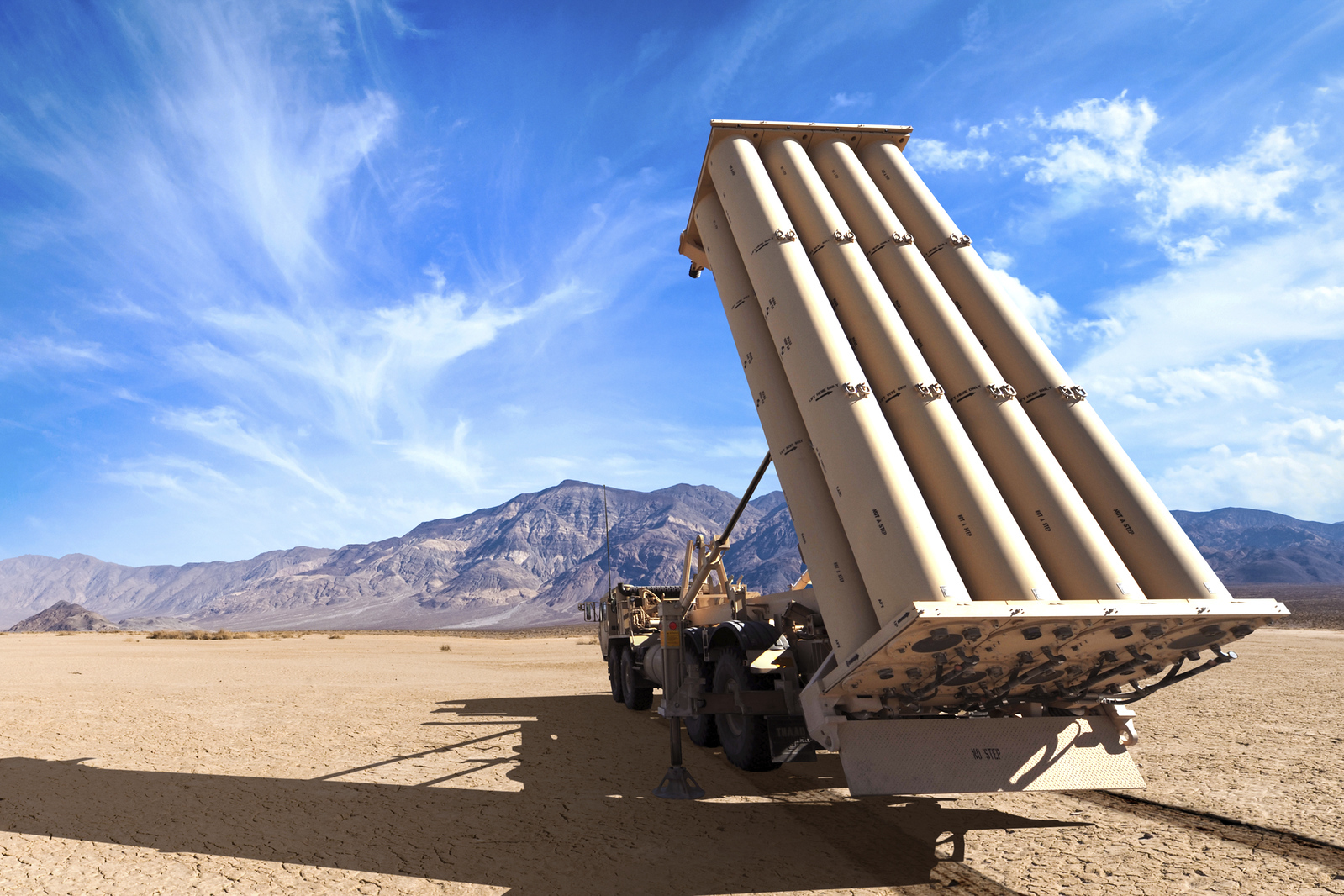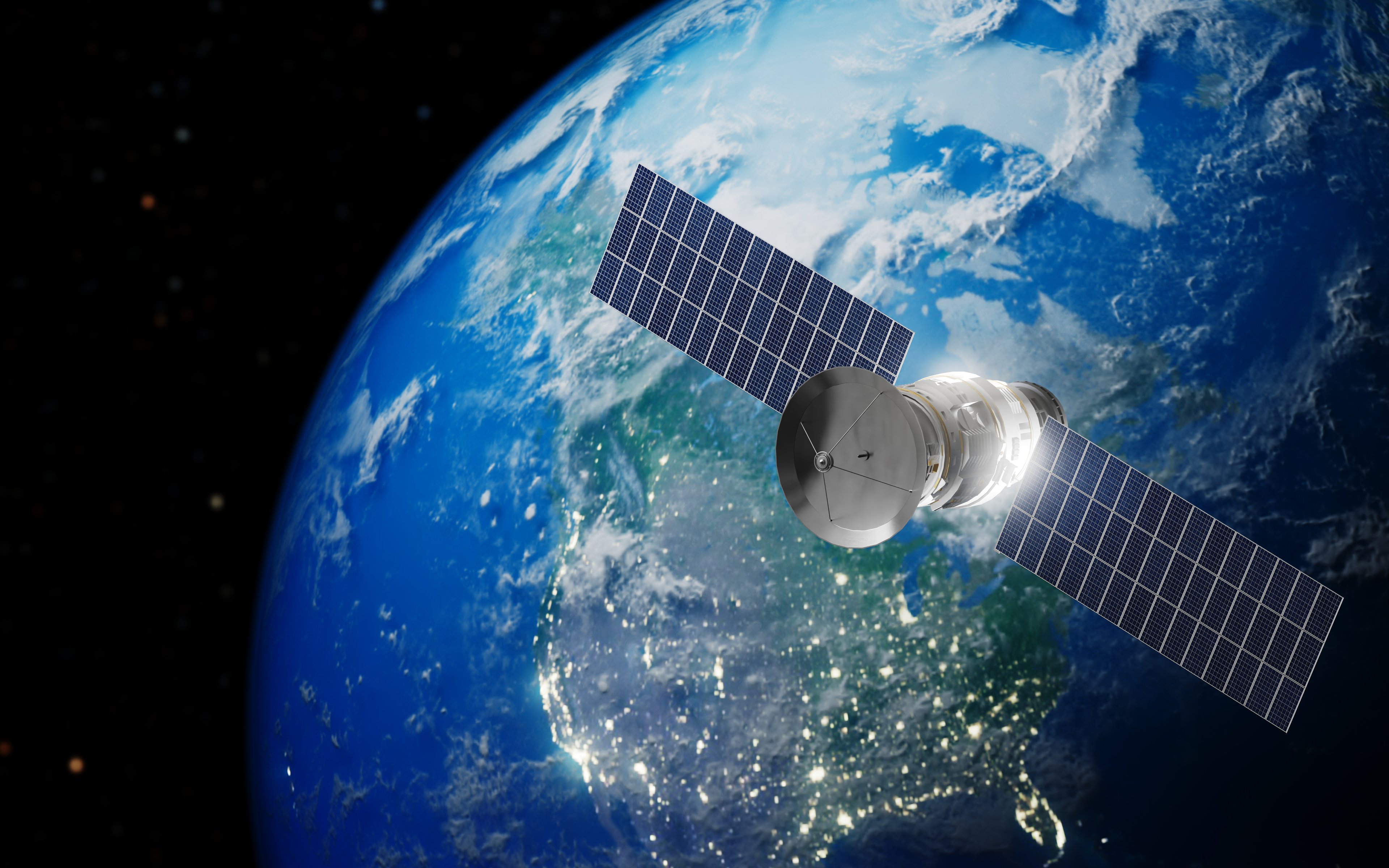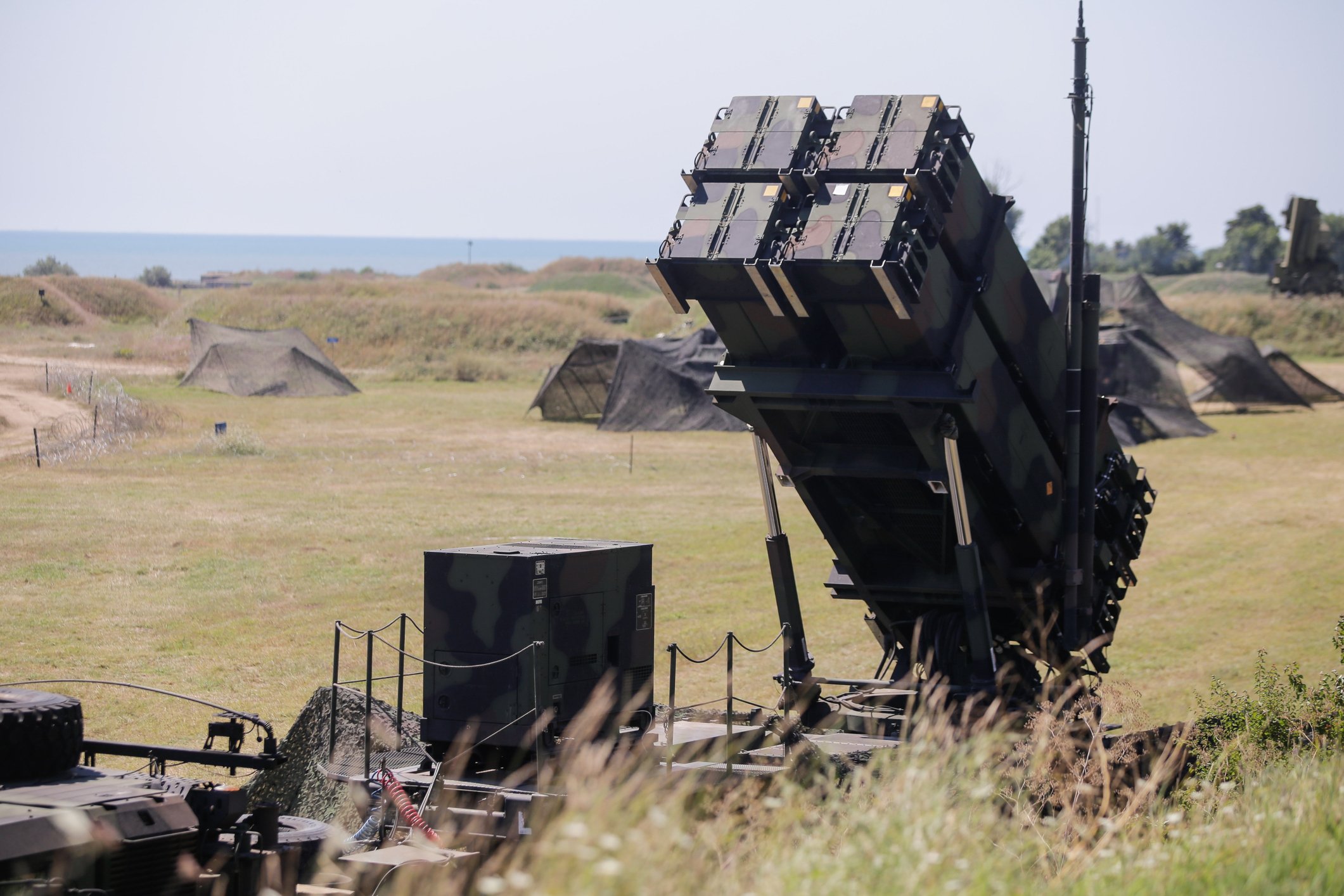In September 1992, the United States sold 150 F-16A/Bs to Taiwan. In retaliation, the People's Republic of China withdrew from the "Arms Control in the Middle East" talks, and in November 1992, it sold M-11 short-range ballistic missiles to Pakistan. China experts believe the sale was in direct retaliation for the F-16 sale. Clearly, China is not a fan of F-16 sales to Taiwan.
Well, in 2006, Taiwan submitted a formal letter of request, or LOR, for 66 F-16C/D fighters -- the improved version of the F-16A/Bs. The Bush administration refused to even accept the LOR. But that hasn't deterred Taiwan from continuing to pursue the sale. For Lockheed Martin (LMT +1.06%), this sale could be worth billions. But it could also threaten relations with China. Here's what you need to know.

By U.S. Air Force photo/Master Sgt. Andy Dunaway, via Wikimedia Commons.
The United States and Taiwan
Taiwan has been one of the largest U.S. arms buyers for years -- a fact that has enraged China and threatened the diplomatic relationship between Washington and Beijing, and for good reason. Since the civil war between Taiwan and China in the 1940s, China has pressed Taiwan for reunification. So far, Taiwan has resisted these efforts, with the help of U.S. arms sales.
Further complicating the issue is that since 1979, the U.S. has diplomatically viewed Taiwan as part of China. But because of the 1979 Taiwan Relations Act, or TRA, the U.S. has continued to supply Taiwan with "defensive weapons."
China views these armaments as the United States' interference in an international matter between China and Taiwan, and it has responded to continued arms sales with threats of retaliation -- both economically, and through the military.
Taiwan moves to upgrade
Following repeated failed attempts to attain F-16C/Ds, Taiwan agreed in July 2012 to Lockheed's proposal to upgrade Taiwan's current F-16 fleet -- a value of $3.7 billion. However, analysts have stated that without the upgraded F-16C/Ds, Taiwan wouldn't have a credible defense against China's modernized fleet, and according to a Congressional Research Service study, "Taiwan's fighters would drop in number by 70% without new F-16s and by 50% with 66 new F-16s" by 2020. That could harm diplomatic negations between China and Taiwan.
Further, in June 2011, Lockheed released a study that found that if the U.S. decided to supply Taiwan with 66 F-16C/Ds the results would be $4.6 billion in direct spending, 23,407 direct jobs in 44 states and the District of Columbia, $8.7 billion in output, and 87,664 in total jobs when including indirect employment.
Will the U.S. send F-16C/Ds?
So far, the Obama administration hasn't agreed to send Taiwan the upgraded F-16s, or formally accepted the LOR. However, the administration has also said it hasn't ruled it out. What's clear is Taiwan needs new fighters to have adequate leverage for continued diplomacy with China. However, having the U.S. supply Taiwan with upgraded F-16s would negatively affect China-U.S. relations. Consequently, such a decision seems unlikely. But if the United States does agree to supply Taiwan with F-16C/Ds, that will definitely boost Lockheed's bottom line -- although the agreed-upon F-16A/B upgrade, which is slated to start in 2017, is still positive news for the defense contractor.






